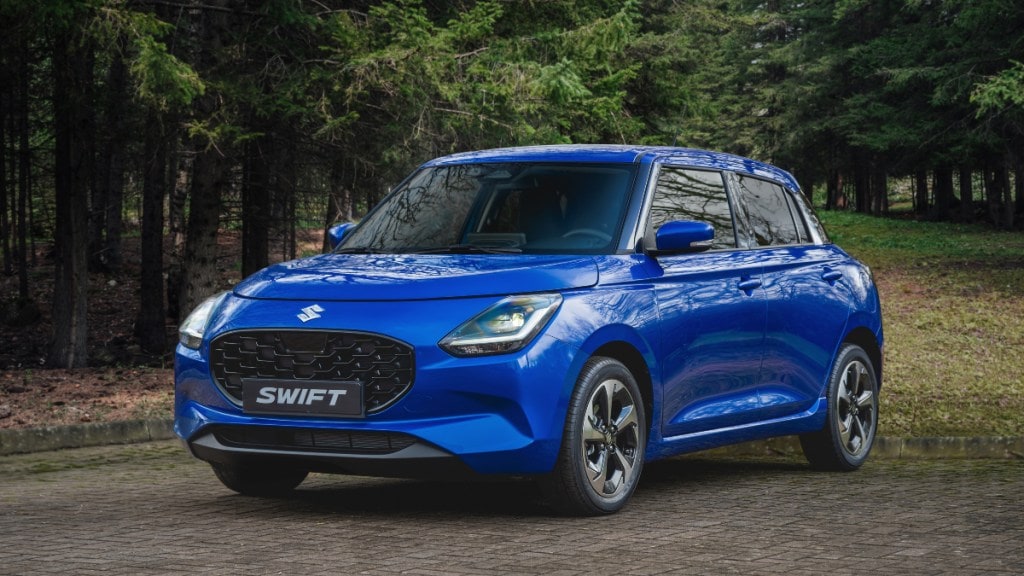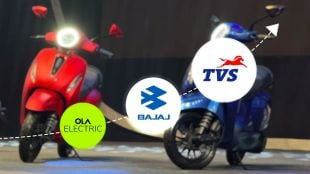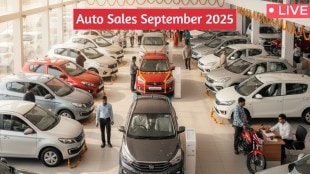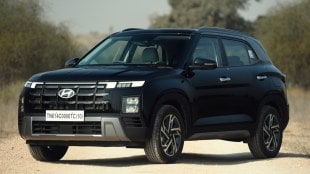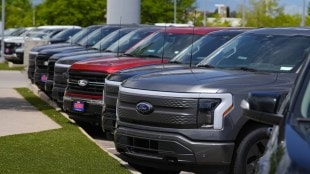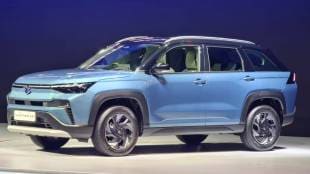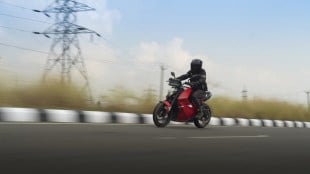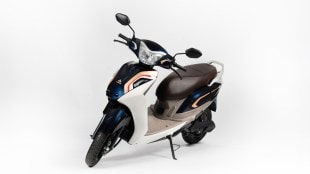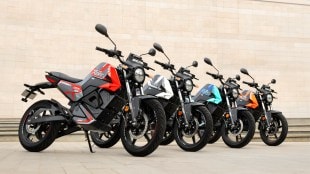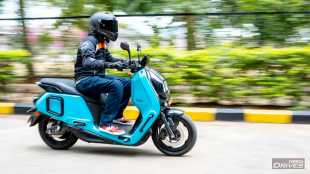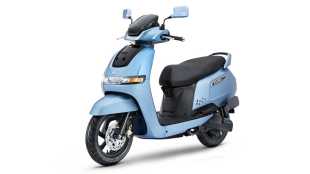With the transition of combustion engines to battery-operated vehicles, hybrid vehicles have gained quite a lot of prominence in the last few years. Different forms of electrification have emerged in recent times, depending on their degree of electric power assist.
The most common form of hybrid powertrain is the strong hybrid powertrain comprising a combustion engine, a battery and an electric motor working in tandem to run a vehicle. Such vehicles are self charging and don’t require the support of an external power source to charge the vehicle.
Maruti affordable hybrid technology
Maruti Suzuki, has been one of the strongest proponents of strong hybrids in India, although it borrows this technology from its Toyota. Currently, Maruti offers such technology in high-end premium models like Grand Vitara and Invicto. However, the Indo-Japanese carmaker intends to introduce a more affordable version of this hybrid technology for more mass-market cars.

This was revealed by none other than Maruti Suzuki India Limited (MSIL) Chairman, RC Bhargava. During a recent virtual media conference following FY 2023-24 earnings meet, Bhargava revealed that parent company Suzuki is working on an affordable hybrid solution for compact cars. This technology should come into use for smaller cars like Swift, Baleno, and Fronx.
This will result in much improved real-world fuel efficiency numbers. However, for this to become a reality, the current taxation rules for hybrid vehicles need to be amended. As of now, a hybrid vehicle is levied a hefty 43% GST, which adds up to the vehicle’s final price. In comparison, fully-electric battery-powered vehicles are charged only 5% GST. That said, there remains hope for a change.
In a recent interaction with PTI a couple of months ago, Union Minister of Road Transport & Highways, Nitin Gadkari, proposed a reduction in GST to 5% for hybrids and 12% for flex-fuel vehicles. Price still remains the single-most important factor to make a purchase decision and it is imperative that prices of hybrid vehicles remain competitive.
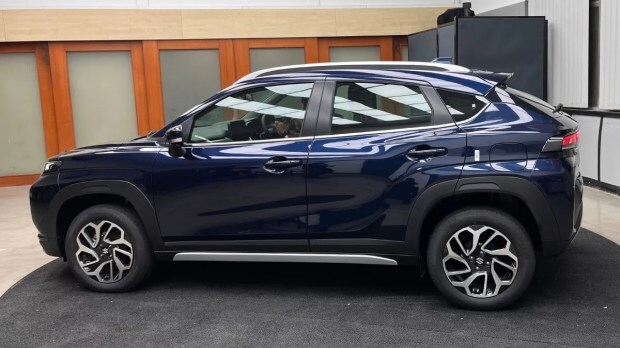
When asked about an expected timeline for the introduction of this technology in India, Bhargava conceded that it depends on the GST rate and how quickly and effectively Suzuki Japan engineers are able to develop a technology that is not only cost effective but also offer class-leading fuel efficiency.
